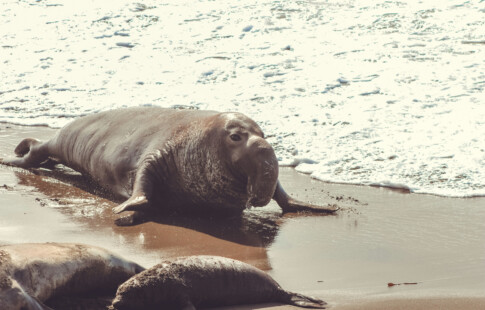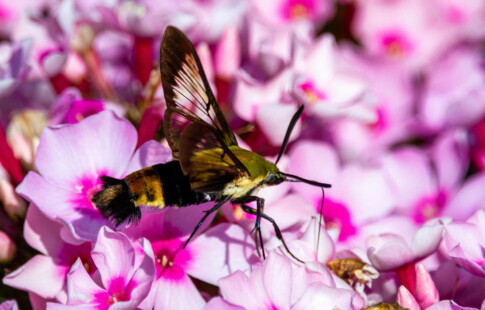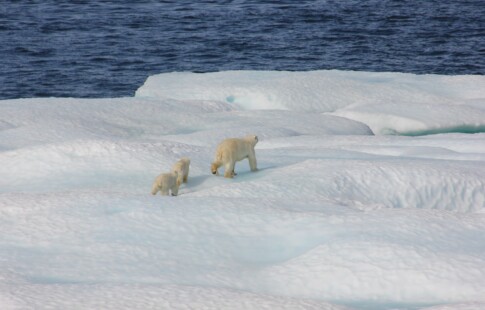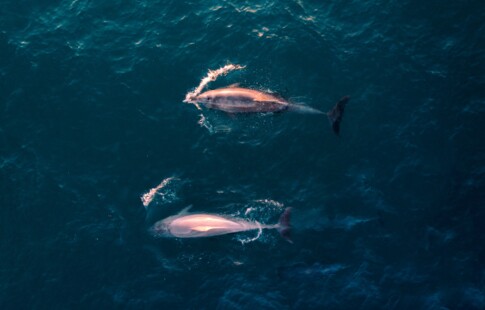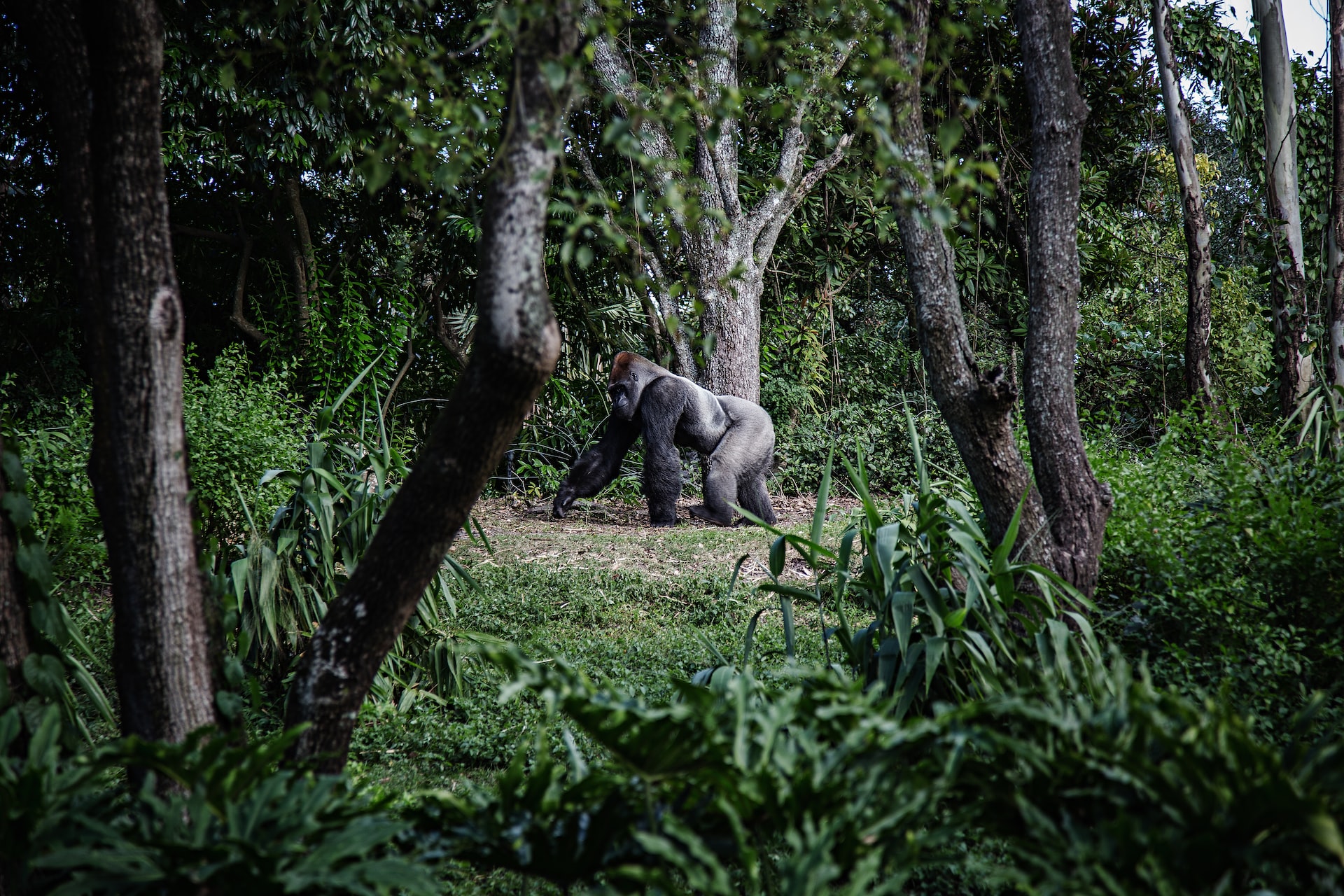
How to Stop Bushmeat Poaching in Africa
We are reader-supported. When you buy through links on our site, we may earn affiliate commission.
Bushmeat, a term for animal meat mainly applied to African wildlife, is a contentious issue. On the one hand are small communities hunting wildlife solely to supply their families with food, often within the confines of the law. But bushmeat harvesting on a large scale has had detrimental effects, and even small family groups often illegally hunt animals for sustenance. To stop the poaching of wildlife for meat, officials will need to address multiple issues.
Two Types of Poaching
The biggest driver of African bushmeat poaching is desperation. With many families living on the equivalent of a few dollars a month — in Rwanda, for example, the minimum wage in 2019 was the equivalent of 75 cents a week — people often turn to poaching as a last resort. There are two categories of this illegal wildlife hunting.
The first involves killing animals for their meat. Although bushmeat carries a risk of zoonotic diseases, it also supplies necessary protein and vitamins, and can spell the difference between starving or surviving. Hunting bushmeat has strong cultural roots for some African people — often, the hunters are carrying on a tradition, but the laws have recently changed to make the practice illegal.
The second form of bushmeat poaching is when hunters kill wildlife to sell on the black market. With the money a hunter earns from killing a single protected antelope or chimpanzee, he may be able to feed his family for weeks. The large-scale, commercial bushmeat market is a much bigger problem than illegal subsistence farming.
Addressing the Root Causes
In addition to poverty, there are several complex factors influencing bushmeat poaching. Here are the main causes.
Logging Roads
To go deeper into the forests, loggers have built roads that provide unparalleled access to previously unreachable parts of the jungle. The roads also form a network between once-isolated villages. With even a single, shared community motorbike, poachers can now harvest bushmeat whenever they want.
Additionally, villages have become connected to larger outside markets where bushmeat is valuable, incentivizing them to harvest more of it.
Better Tools
Traditional hunters using spears and bows couldn’t kill as many animals as a modern poacher with a gun. Even snare traps have become easier to produce — metal wires from encroaching fences and telephone lines make perfect snares.
Poachers may set multiple traps and catch any animal that wanders in. Often, hunters don’t even check their traps frequently enough to collect all the animals they catch, letting many of them go to waste.
Flashlights are also a common tool in a poacher’s arsenal. By shining a light in an animal’s eyes in the darkness, poachers can temporarily stun them and finish them off with a machete.
Lack of Crops and Livestock
Climate change, civil unrest and population growth have made it exceedingly difficult for farmers to feed their families. Africa has been suffering from intense heat waves and drought in many regions, causing erosion, crop failure and livestock deaths.
Few people have enough cattle or sheep to butcher on a regular basis. Rather than eating them, many families cling to the few animals they have as a form of collateral to use for trades.
Decreased Tourism
COVID-19 crippled Africa’s tourism industry, much as it did around the world. Tourism is a critical source of income for many Africans. With hotels, safaris and resorts shuttered, employees lost their jobs or were sent home without pay during the pandemic, and some people never got their jobs back.
Widespread unemployment led to an increase in bushmeat poaching. Some poachers did it as a way to supplement their diets, while others took it on as a full-time job to make money on the black market.
Government Overreach
Protected areas are crucial for supporting wildlife. However, governments often ban the people living nearby from hunting, gathering or using natural resources within a protected area. In rural parts of Africa, many people’s livelihoods depend on land that is now designated as a wildlife preserve.
Without involving the surrounding community, natural areas often face backlash. People continue hunting and gathering wood in parks despite facing fines or jail time.
How to Stop Poaching for Bushmeat
For every problem contributing to poaching, there are potential solutions.
When governments designate a protected wildlife area, they must involve the surrounding communities. Giving people a voice in managing the land they’ve lived on for generations is not only the ethical choice, but it also provides jobs, leading to a decline in poaching.
Biologists and wildlife managers should explain why conservation is important. They should also instill a sense of pride in the community when it comes to protecting their unique natural resources. For example, the Northern Botswana Human-Wildlife Coexistence Project encourages farmers to coexist with wild animals while still practicing agriculture. Conservation groups may also compensate people for their lost resources.
Promoting tourism will also help to stop poaching, since it will create many jobs that were previously lost to the pandemic. Wildlife tourism alone likely accounts for 20% to 40% of the entire tourism sector. Africans can create more ecotourism opportunities to allow people to view wildlife without harming it.
Additionally, humanitarian workers should focus on helping people establish small farms. Chickens, goats, sheep and seeds can break the poverty cycle for a family relying on poaching, allowing them to work as farmers instead.
Implementing stronger poaching laws also goes a long way toward discouraging the practice. Paying anti-poaching groups to catch illegal hunters — rather than relying on volunteers — will both create more jobs and cut down on the number of poaching incidents.
The bushmeat market wouldn’t exist without buyers. Governments and anti-poaching organizations should work to educate people about the risks of eating bushmeat. Many viruses, including HIV, ebola and monkeypox, all come from eating wild animals. Bushmeat also carries zoonotic parasites like pinworms and tapeworms.
No Easy Answer
All conservation issues are deeply intertwined with human issues. It’s easy to villainize people who illegally hunt for bushmeat, but that does little to stop poaching. The main cause of poaching is severe, widespread poverty, and finding solutions to address hunger and income insecurity will have the strongest effect on helping wildlife. Until then, the bushmeat trade is alive and well.
Share on
Like what you read? Join other Environment.co readers!
Get the latest updates on our planet by subscribing to the Environment.co newsletter!
About the author
Steve Russell
Steve is the Managing Editor of Environment.co and regularly contributes articles related to wildlife, biodiversity, and recycling. His passions include wildlife photography and bird watching.
